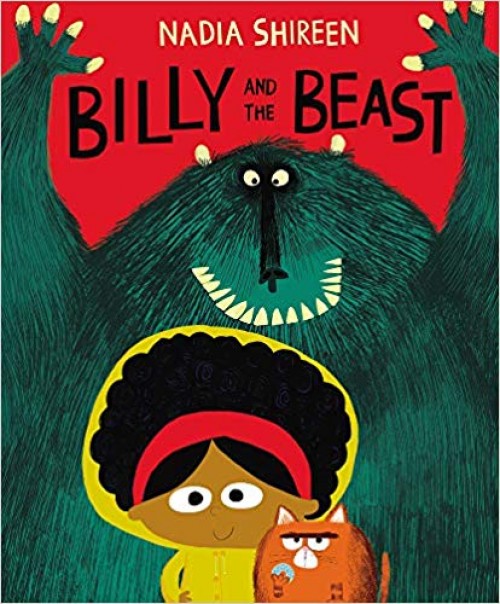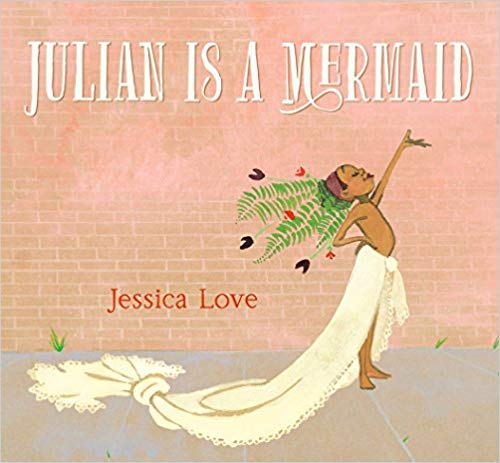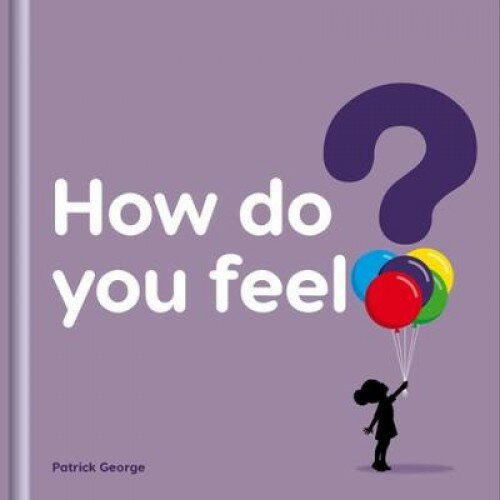07/03/2021
Introducing our Recover and Catch Up Curriculum
We write this on the eve of all children returning to school in England. As we have explored in previous blogs, the needs of children on return will be hugely varied depending on their experiences of home learning so far. It will be a very welcome change to greet children in-person rather than online. Another very welcome change will be the cancellation of KS1 and KS2 assessments in the summer term. This will give staff time and space to rebuild school communities, provide emotional and physical care, as well as revise key skills, getting children back up to pitch as quickly and as meaningfully as possible before the end of the academic year.
A key priority when children return will be to engage children and excite them about literature in all its glorious shapes and forms. Arguably Reading is the most important skill we teach in primary as it underpins and unlocks all subjects. Planning activities and units of work which will foster high levels of engagement and excitement in books will be of upmost importance.
With this in mind, we have developed our Recovery and Catch Up planning sequences. Given we advocate a book-based approach, we have spent a lot of time mulling over which texts will best generate this sense of engagement and which will best explore the relevant literary themes of community, health, family, resilience and human ingenuity. Books that will not only provide a space for us to talk with children about the changes we have all experiences but also give us optimism about the future. The overarching themes we have chosen to place these texts under is 'Rebuild and Reunite'. In the Recovery and Catch Up section of our website, you will find two kinds of planning sequences: whole school and individual year group.
The wonderful texts we have chosen for our whole school sequences are: Here We Are by Oliver Jeffers; The Journey by Aaron Becker and The Fox and the Star by Coralie Bickford-Smith. This resource has been designed to be used by an entire school to foster a shared learning experience around one text and to engender written outcomes – some with the same audiences and purposes, some not – that are ‘at pitch’ for each phase/stage but that will also aid recovery, revision, catch-up and extension where needed.
We have planned for activities at different stages: grouped into key-stages; grouped into Reception with Year 1; Year 2 with Year 3 and then Year 4 to Year 6 or grouped simply into EYFS with KS1 and KS2. Where this is the grouping, there are opportunities for differentiation within to ensure that the pitch of sessions is appropriate. The resource is intended to form the basis upon which schools and teachers can create and shape a sequence that will work well in their context. The sessions could be added to with art activities and through further learning in PSHE, science, geography and history. These sequences are all aimed to be used over two weeks and would be perfect to use across the school for the rest of the Spring term.
The individual year group planning sequences are designed to continue this sense of engagement and are packed full of exciting activities which will in turn foster meaningful outcomes. These sequences focus on building children’s vocabulary and fostering a clear sense of audience and purpose in children’s writing covering various genres. There are lots of hands-on activities (using resources like sentence strips and post-its) so children can explore and experiment creatively with word choice, punctuation and grammar. There are also clear examples and suggestions to support teacher with their crucial modelled and shared writes in each lesson.
Whilst the Learning Objectives pinpoint a particular written outcome, the Success Criteria give a range of relevant grammar and punctuation skills that teachers can choose from depending on the needs of their class. These sequences will allow teachers to revise skills previous to their year group outlined in Grammar Appendix 2 (e.g. the Year 5 unit covers lower KS2 skills) with the goal of bringing children quickly back up to pitch.
We have again chosen books that have strong PSHE and wider curriculum links. Books like Lights on Cotton Rock by David Litchfield (Y2) and The Dam by David Almond and Levi Pinfold are not only beautifully illustrated and written, they explore how people and communities change over time and how we can deal with these changes together.
There will be many challenges facing schools this summer and it is our hope that these units of work will be supportive and exciting for teachers and pupils in the months ahead. To see the full range of books on offer visit this page - https://literarycurriculum.co.uk/catch-up-and-recover/
Products
-
A Spelling Seed for Freedom Bird
KS: LKS2 / UKS2, Spelling Seeds, Upper KS2
Year Group: Year 5
More Info
Training
-
13 May
An Introduction to the Literary Curriculum - online course
Suitable for: New teachers at existing Literary Curriculum schools, schools new to the the Literary Curriculum
View Details













